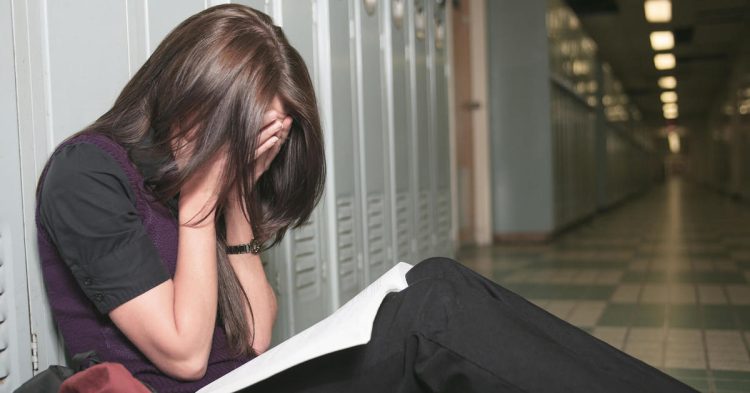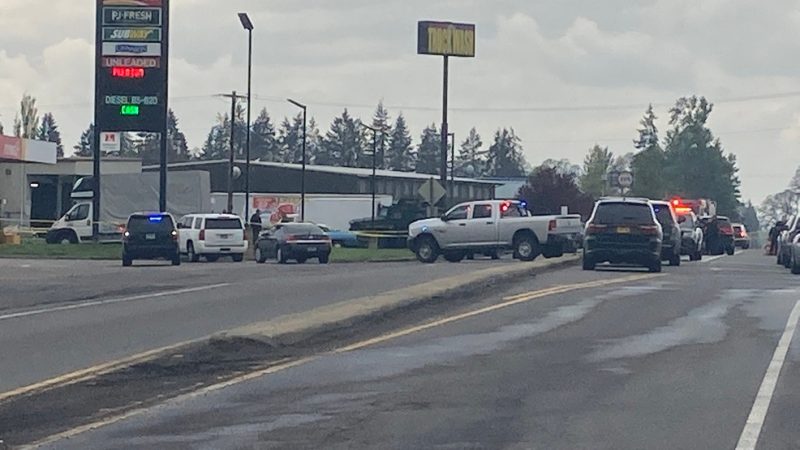Navigating the Complexities: A Former Teacher’s Alford Plea in a Sexual Assault Case

In the realm of criminal justice, twists often mark the legal landscape and turns, and the case of a former teacher taking an Alford plea in a sex assault case is no exception. This unique legal maneuver has gained attention, prompting discussions on the intricacies of the plea, the underlying allegations, and the broader implications for both the accused and the justice system.
Understanding the Alford Plea:
The Alford plea, named after the landmark 1970 Supreme Court case North Carolina v. Alford, is a legal strategy wherein a defendant maintains their innocence but acknowledges that there is enough evidence to convict them. This plea allows individuals to avoid the uncertainty and potential harshness of a trial while still maintaining their protestations of innocence. It is a nuanced legal tool that has been met with both support and criticism.
The Former Teacher’s Allegations:
The crux of the matter revolves around a former teacher facing charges of sexual assault. The specifics of the case are essential to comprehend the gravity of the situation. The accused individual, once a respected figure in the community, found themselves at the center of a legal storm when allegations of sexual misconduct emerged. The accuser, presumably a former student, presented compelling evidence that prompted the legal proceedings.
The decision to take an Alford plea is not an admission of guilt but a strategic move to navigate the complexities of a trial. In such cases, the accused often grapple with the potential consequences of a trial, including public scrutiny, the emotional toll, and the possibility of a lengthy prison sentence if convicted.
The Legal Dynamics:
The legal system is designed to balance the rights of the accused with the pursuit of justice for the alleged victims. The decision to accept an Alford plea is often a result of careful consideration by both the defense and prosecution. In these situations, the prosecution may be faced with challenges such as the reliability of witnesses, the strength of evidence, and the potential impact on the victim’s well-being.
For the defense, opting for an Alford plea could be a strategic choice to mitigate risks. It allows the accused to maintain their innocence while acknowledging the uncertainty of a trial outcome. However, the decision is not without its critics, who argue that it might undermine the pursuit of truth and accountability in the justice system.
Impact on the Accused:
The emotional and psychological toll on the accused in such cases cannot be overstated. Once pillars of the community, individuals facing such allegations often find themselves ostracized and stigmatized, even before any legal resolution. The decision to accept an Alford plea can be a challenging one, as it requires individuals to grapple with the complex interplay of legal, emotional, and societal factors.
In some instances, the accused may feel compelled to accept the plea to spare themselves and their families the prolonged agony of a trial. The potential damage to personal and professional reputations, combined with the financial burden of legal fees, can make the Alford plea an attractive option, despite the inherent ambiguity surrounding the outcome.
Impact on the Justice System:
The use of the Alford plea raises broader questions about the efficacy and fairness of the justice system. Critics argue that allowing individuals to assert innocence while accepting a guilty plea may erode the principle of accountability. On the other hand, proponents suggest that it serves as a pragmatic solution in cases where the truth is elusive, witnesses are unreliable, or the legal process itself becomes a source of trauma for the parties involved.
The Alford plea is a legal tool that attempts to strike a delicate balance between the pursuit of justice and the preservation of the accused’s rights. Its utilization underscores the complexity of sexual assault cases and the challenges associated with determining guilt beyond a reasonable doubt.
Societal Reflections:
The case of a former teacher taking an Alford plea in a sex assault case inevitably triggers broader societal reflections on power dynamics, accountability, and the treatment of sexual assault allegations. It prompts conversations about the need for comprehensive reforms in education institutions to prevent and address instances of misconduct.
Moreover, the case sheds light on the importance of supporting survivors and providing avenues for them to come forward without fear of retaliation. The legal proceedings surrounding such cases often serve as a catalyst for societal introspection, pushing communities to reassess the structures and systems that may enable misconduct to go unchecked.
Conclusion:
The former teacher’s decision to take an Alford plea in a sexual assault case raises profound questions about the intersection of justice, accountability, and the emotional toll on all parties involved. As society grapples with the complexities of such cases, it is imperative to foster a legal environment that encourages open dialogue, supports survivors, and seeks a delicate equilibrium between the pursuit of truth and the protection of individual rights. The case serves as a poignant reminder of the challenges inherent in navigating the intricacies of the justice system, prompting us to continually reevaluate and refine our approach to addressing such sensitive matters.
What is an Alford Plea?
A1: An Alford Plea is a legal strategy in which a defendant maintains their innocence but acknowledges that there is enough evidence to convict them. It allows individuals to avoid the uncertainty and potential harshness of a trial while still proclaiming their innocence.
Q2: How does the Alford Plea differ from a guilty plea?
A2: In a guilty plea, the defendant admits to the charges, whereas in an Alford Plea, the defendant asserts their innocence but acknowledges that the evidence against them could lead to a conviction.
Q3: Why might a former teacher choose to take an Alford Plea in a sex assault case?
A3: The decision to take an Alford Plea could be influenced by various factors, including the desire to avoid a lengthy and emotionally taxing trial, the potential consequences of a guilty verdict, and the impact on personal and professional reputation.
Q4: What are the potential consequences of taking an Alford Plea?
A4: While the accused maintains their innocence, accepting an Alford Plea may still result in legal consequences, such as a conviction and sentencing. The specific outcomes can vary depending on the nature of the charges and the legal jurisdiction.
Q5: Does an Alford Plea mean the accused is admitting guilt?
A5: No, an Alford Plea is not an admission of guilt. The defendant asserts their innocence but acknowledges that there is enough evidence for a potential conviction. It’s a nuanced legal maneuver that allows individuals to avoid the uncertainties of a trial.
Q6: How does the legal system balance the rights of the accused and the pursuit of justice in cases involving an Alford Plea?
A6: The legal system must carefully weigh the rights of the accused against the pursuit of justice. The decision to accept an Alford Plea often involves considerations of the strength of evidence, the reliability of witnesses, and the potential impact on the victim’s well-being.
Q7: What impact does taking an Alford Plea have on the emotional and psychological well-being of the accused?
A7: Facing allegations of sexual assault can have a profound emotional and psychological impact on the accused. Choosing to take an Alford Plea may alleviate some stress associated with a trial but could still result in significant personal and professional consequences.
Q8: How does the use of the Alford Plea affect broader discussions about accountability in cases of sexual assault?
A8: The use of the Alford Plea prompts discussions about the fairness and efficacy of the justice system, particularly in cases involving sexual assault. It raises questions about accountability, the treatment of survivors, and the need for comprehensive reforms in education institutions.
Q9: What societal reflections does the case of a former teacher taking an Alford Plea in a sex assault case trigger?
A9: The case prompts broader societal reflections on power dynamics, accountability, and the treatment of sexual assault allegations. It underscores the importance of supporting survivors and reevaluating systems to prevent and address misconduct in educational settings.
Q10: Are there ongoing efforts to reform the legal processes surrounding sexual assault cases?
A10: Yes, ongoing efforts seek to reform legal processes to better address sexual assault cases, providing support for survivors, and ensuring a fair balance between the rights of the accused and the pursuit of justice. These efforts involve legal, institutional, and societal changes.






